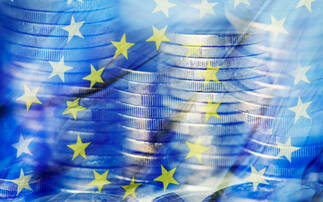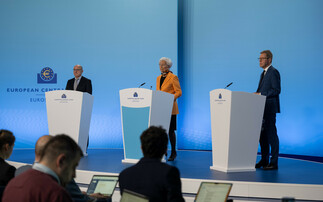2022 was predicted to be a solid year for European equities and the eurozone economy, with pent-up demand from the pandemic and a surplus in savings, combined with low unemployment providing an optimistic outlook.
However, Putin's black swan event upended the optimistic forecasts of the new year. Alejandra Grindal, chief economist at Ned Davis Research, described the war in Ukraine as a "game changer", explaining that with Europe hugely dependent on Russian energy, the region has suffered a "massive supply-shock inflation coupled with tighter monetary policy". Just this week, European Commission president Ursula von der Leyen proposed a windfall tax to raise €140bn from energy companies to deal with the rising energy prices sweeping the bloc. She put the blame squarely on Russia for its curr...
To continue reading this article...
Join Investment Week for free
- Unlimited access to real-time news, analysis and opinion from the investment industry, including the Sustainable Hub covering fund news from the ESG space
- Get ahead of regulatory and technological changes affecting fund management
- Important and breaking news stories selected by the editors delivered straight to your inbox each day
- Weekly members-only newsletter with exclusive opinion pieces from leading industry experts
- Be the first to hear about our extensive events schedule and awards programmes









